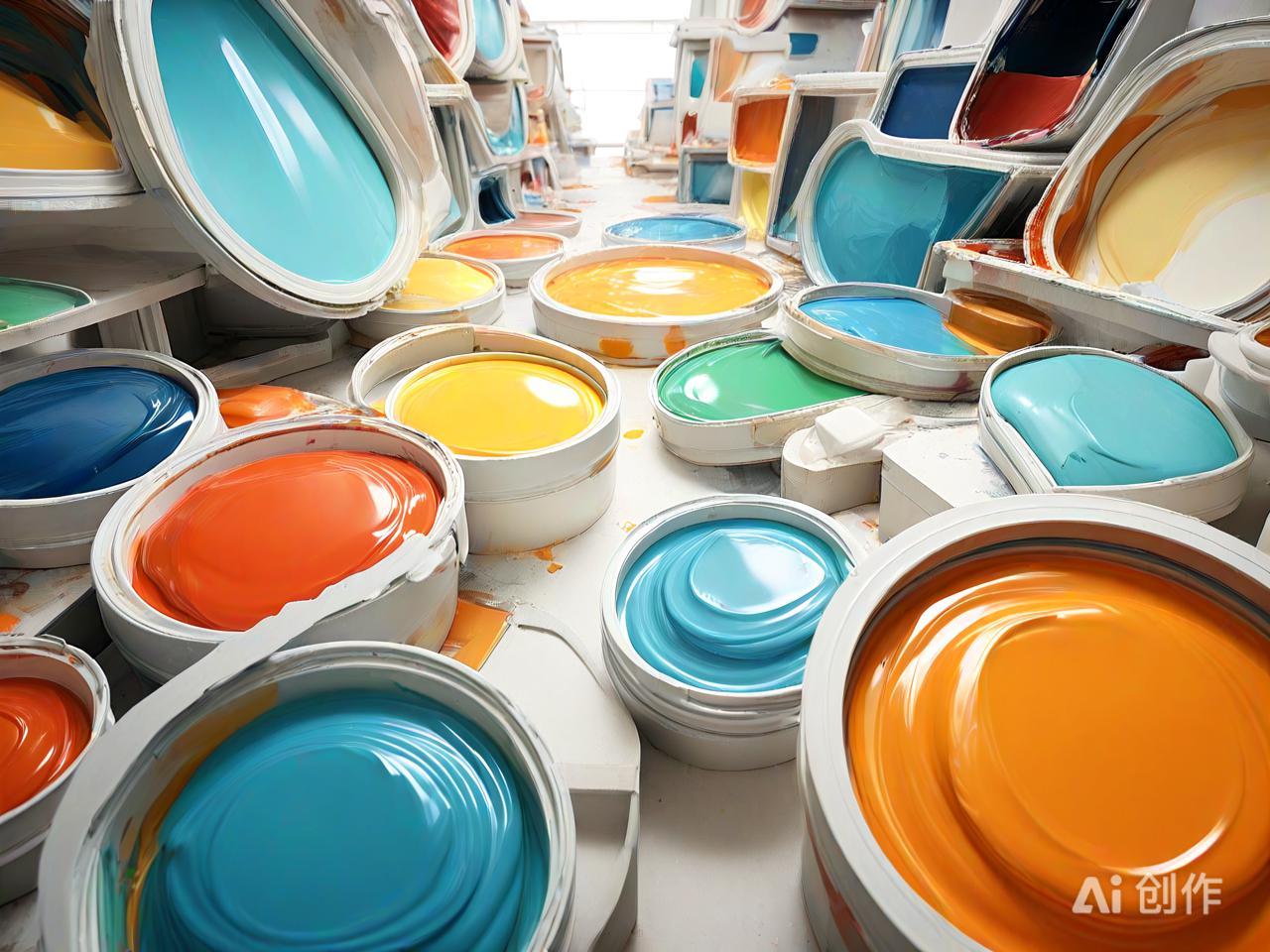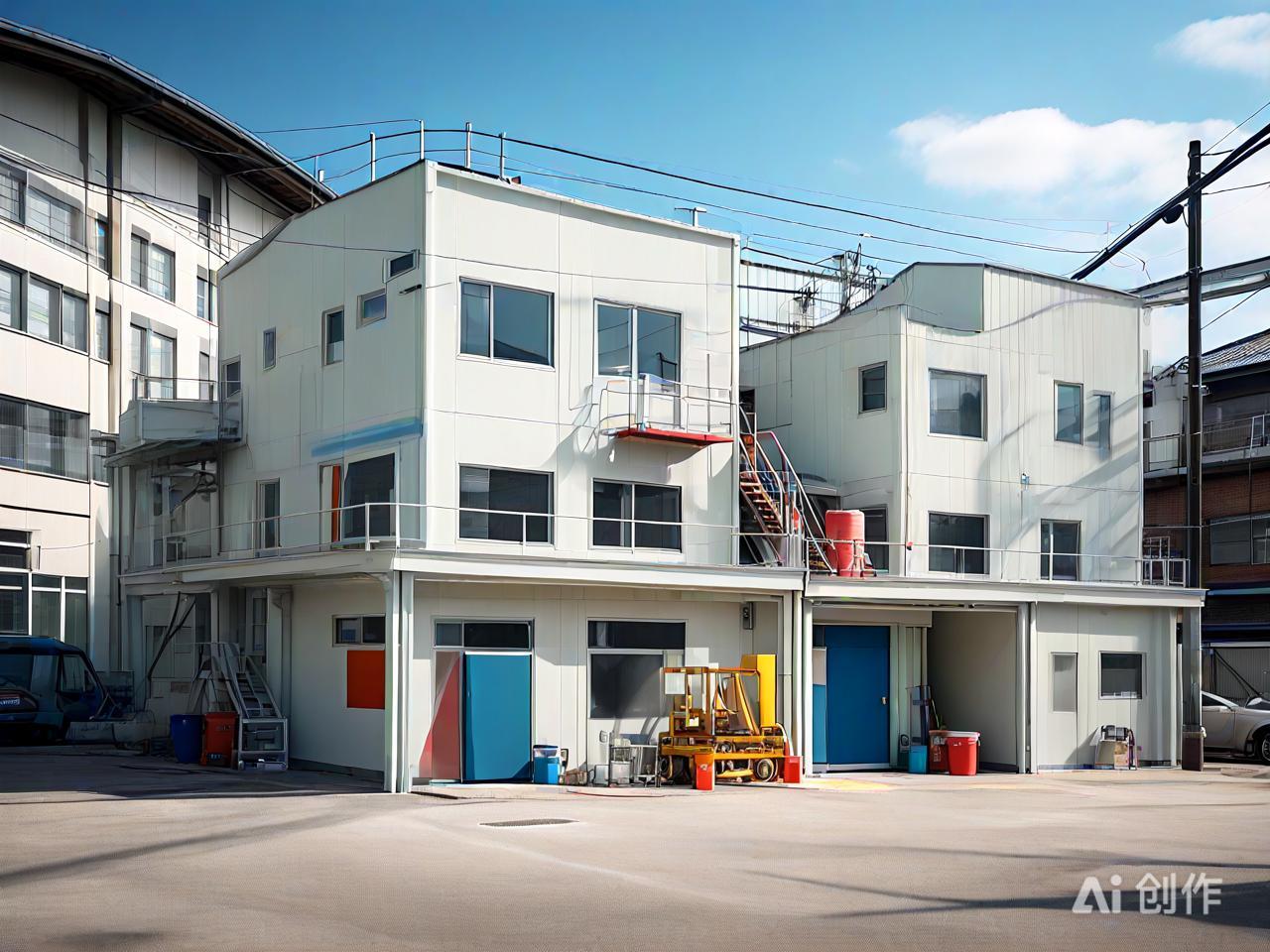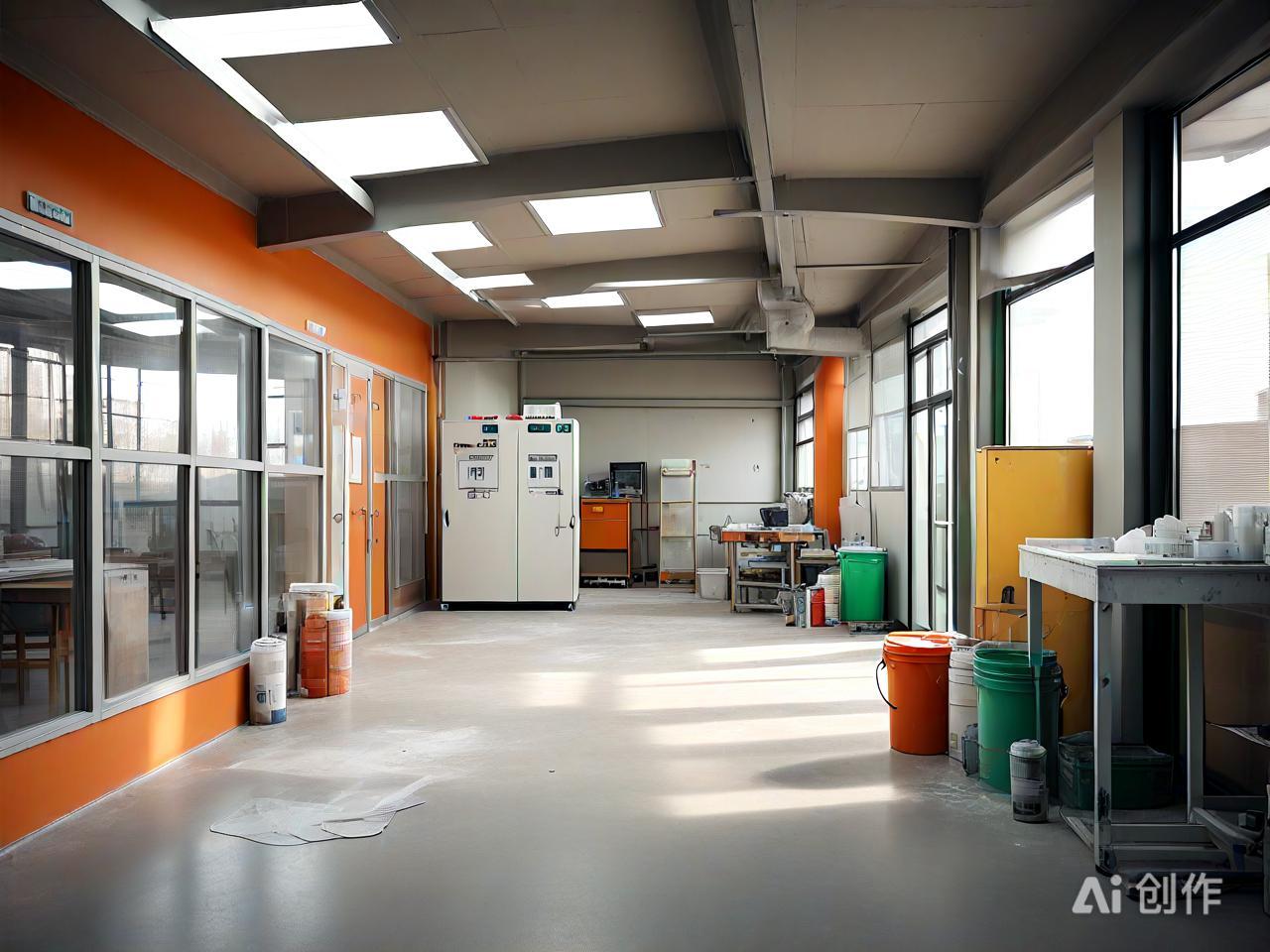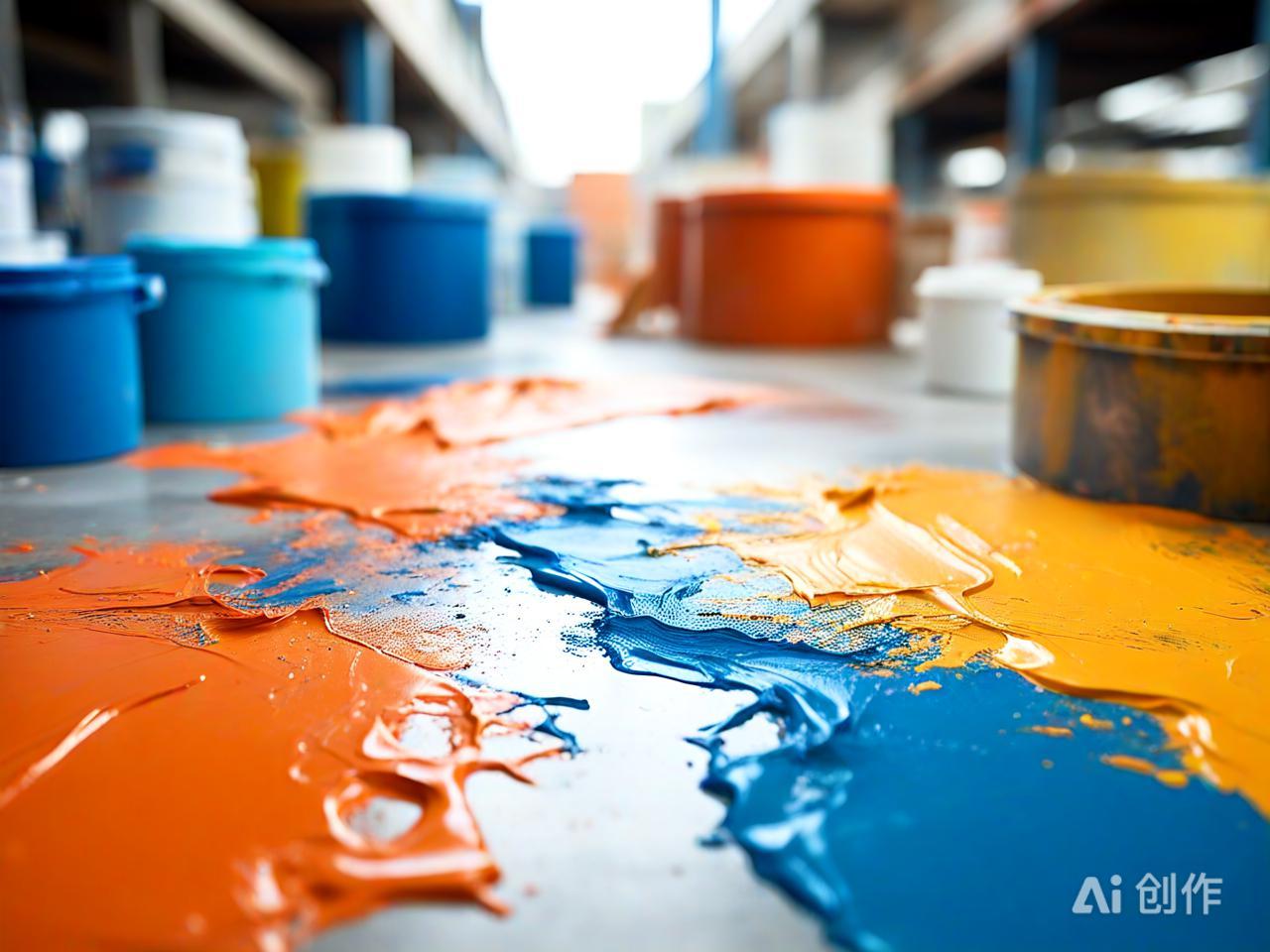Water-Based vs. Oil-Based Polyurethane Waterproof Coatings: Which is Better?
When it comes to waterproofing, polyurethane coatings are a popular choice due to their durability and flexibility. However, the decision between water-based and oil-based polyurethane can be challenging. Both types have their unique advantages and disadvantages, making them suitable for different applications. In this article, we’ll compare water-based and oil-based polyurethane waterproof coatings to help you determine which is better for your needs.
1. Water-Based Polyurethane Waterproof Coatings
Advantages:
Eco-Friendly: Low in volatile organic compounds (VOCs), making them safer for the environment and indoor air quality.
Easy Application: Can be applied with water cleanup, reducing the need for harsh chemicals.
Quick Drying: Dries faster than oil-based coatings, allowing for quicker project completion.
Breathability: Allows moisture vapor to escape, preventing trapped moisture and mold growth.
Flexibility: Excellent elasticity accommodates structural movements and temperature changes.
Disadvantages:
Durability: Slightly less durable than oil-based coatings, especially in high-traffic or harsh environments.
Curing Time: Longer curing time compared to oil-based coatings.
Cost: Generally more expensive than oil-based options.
2. Oil-Based Polyurethane Waterproof Coatings
Advantages:
Durability: Highly durable and resistant to wear, making them ideal for high-traffic areas and harsh conditions.
Water Resistance: Provides excellent water resistance and protection against moisture infiltration.
Finish: Offers a rich, glossy finish that enhances the appearance of surfaces.
Curing Time: Shorter curing time compared to water-based coatings.
Disadvantages:
VOC Content: High in VOCs, leading to stronger odors and potential health risks during application.
Environmental Impact: Less eco-friendly due to the use of solvents and higher VOC emissions.
Application Complexity: Requires solvents for cleanup and proper ventilation during application.
Yellowing: May yellow over time, especially when exposed to UV light.
3. Key Comparison
| Feature | Water-Based Polyurethane | Oil-Based Polyurethane |
|---|---|---|
| VOC Content | Low | High |
| Environmental Impact | Eco-friendly | Less eco-friendly |
| Application Ease | Easy to apply and clean | Requires solvents for cleanup |
| Durability | High | Higher |
| Curing Time | Longer | Shorter |
| Odor | Minimal | Strong |
| Finish | Matte to semi-gloss | Rich, glossy |
| Cost | Higher | Lower |
4. Which is Better for Waterproofing?
The choice between water-based and oil-based polyurethane depends on your specific needs and priorities:
Choose Water-Based Polyurethane If:
You prioritize eco-friendliness and low VOC emissions.
You need a coating that dries quickly and is easy to apply.
You are working on indoor projects or areas with moisture vapor concerns.
Choose Oil-Based Polyurethane If:
You require maximum durability and water resistance for high-traffic or harsh environments.
You prefer a rich, glossy finish.
You are working on outdoor projects or areas exposed to heavy wear and tear.
5. Application Tips
Water-Based Polyurethane:
Apply in thin, even coats to avoid bubbles and ensure proper curing.
Use a high-quality brush or roller for smooth application.
Allow adequate drying time between coats.
Oil-Based Polyurethane:
Ensure proper ventilation during application due to strong odors and VOC emissions.
Use a natural bristle brush for best results.
Apply in thin coats to prevent runs and ensure even coverage.
Conclusion
Both water-based and oil-based polyurethane waterproof coatings offer excellent protection against water damage, but they cater to different needs and preferences. Water-based polyurethane is ideal for eco-friendly, easy-to-apply projects, while oil-based polyurethane excels in durability and high-traffic areas. By understanding the strengths and limitations of each type, you can make an informed decision and choose the best waterproofing solution for your project.







